Philip Sirinides
School Leadership, Teachers’ Roles in School Decisionmaking, and Student Achievement
This working paper summarizes the results of a study of leadership in elementary and secondary schools. The study focused in particular on instructional leadership – the extent to which school leaders focus on the core activities of teaching and learning – and teacher leadership – the extent to which teachers have input into school decision-making.
Discipline in Context: Suspension, Climate, and PBIS in the School District of Philadelphia
The report details a two-year exploratory, mixed-methods research study on the disciplinary practices and climate of schools serving K–8 students in the School District of Philadelphia (SDP). Findings reveal that SDP schools are making efforts to reduce suspensions and improve climate, but critical barriers to these efforts include resource limitations and philosophical misalignments between teachers and school leaders.
An Inquiry into Pennsylvania's Early Childhood Quality Rating and Improvement System (STARS)
High-quality care in the earliest years of life has been shown to relate to positive developmental outcomes for children, including improved early academic skills, social-emotional competencies, and cognitive functioning. Unfortunately, the early care experiences of many children are not always high quality; rather, research suggests that high-quality care is the exception.
Evidence for Early Literacy Intervention: The Impacts of Reading Recovery
Research increasingly links low literacy levels in the early grades with a range of poor outcomes; for instance, students who read below grade level at the end of third grade are about four times less likely than their higher-achieving peers to graduate from high school (Annie E. Casey Foundation, 2010, 2011; Balfanz, Bridgeland, Bruce & Fox, 2012).
Zoology One Efficacy Evaluation Summary of Findings (April 2020)
Helping young children become proficient readers is a critical goal. Research tells us that students who experience difficulty reading in the early years of school often struggle to catch up (Stanley, Petscher, & Catts, 2018; Ozernov, , Palchik et al., 2016; Cunningham & Stanovich, 1997; Francis, Shaywitz, Stuebing, Shaywitz, & Fletcher, 1996). This study1 focuses on an innovative curriculum for kindergarten that closely integrates literacy instruction and science exposure.
(2016) Reading Recovery: An Evaluation of the Four-Year i3 Scale-Up
CPRE released its evaluation of one of the most ambitious and well-documented expansions of a U.S. instructional curriculum. The rigorous independent evaluation of the Investing in Innovation (i3) scale-up of Reading Recovery, a literacy intervention for struggling first graders, was a collaboration between CPRE and the Center for Research on Education and Social Policy (CRESP) at the University of Delaware.



